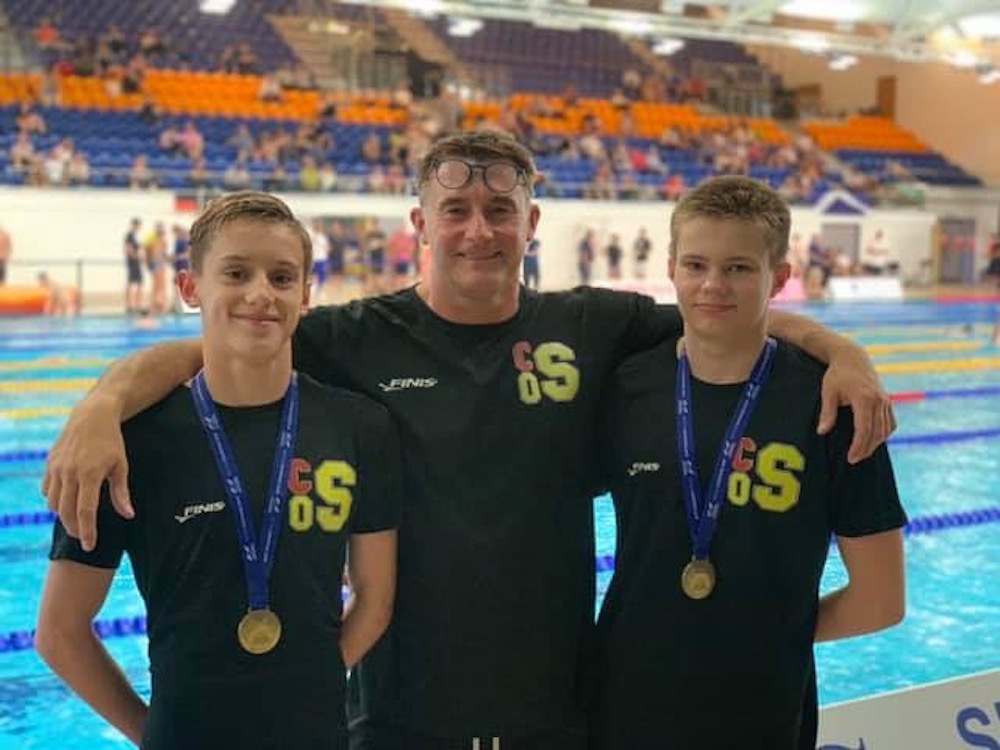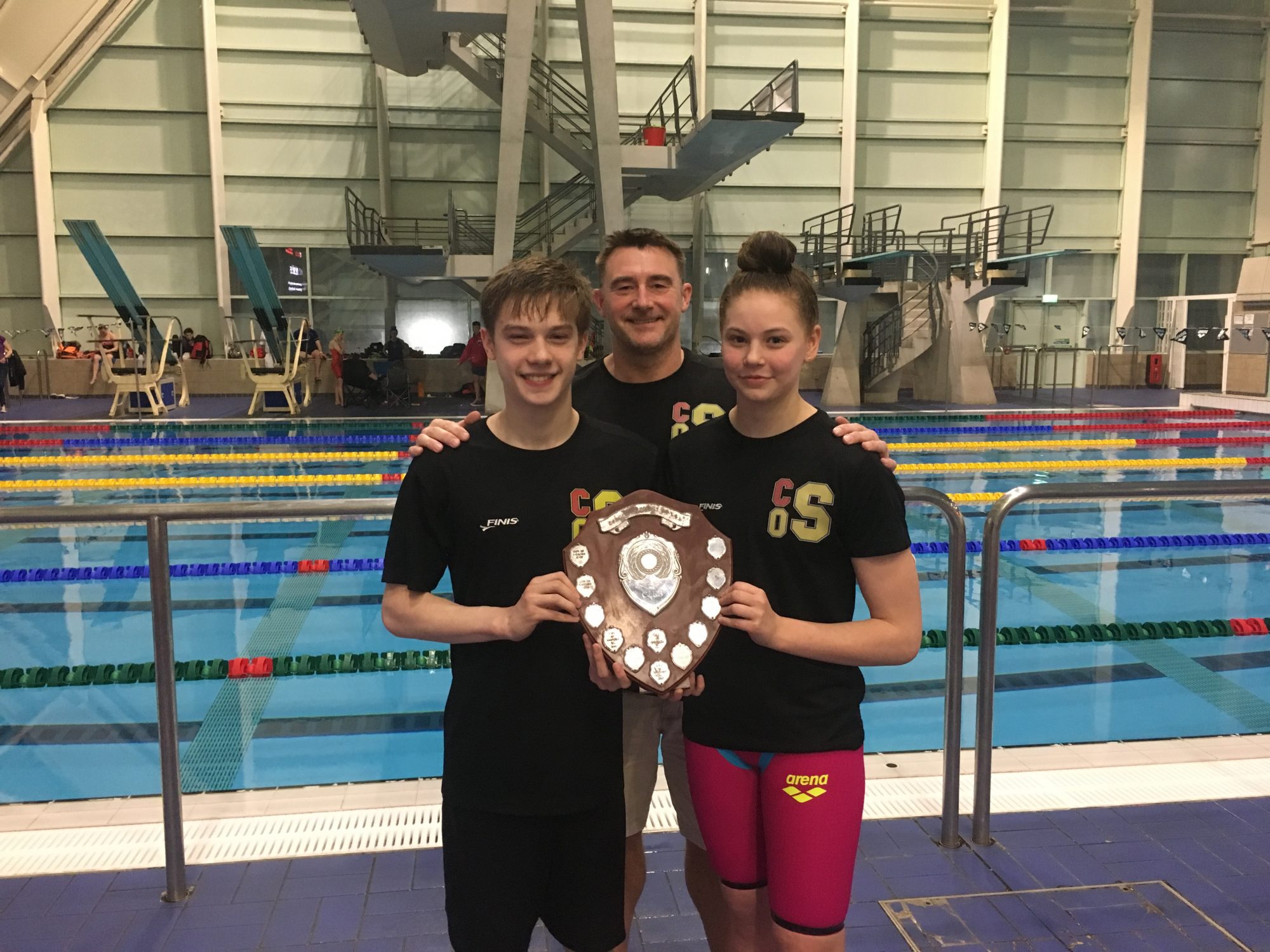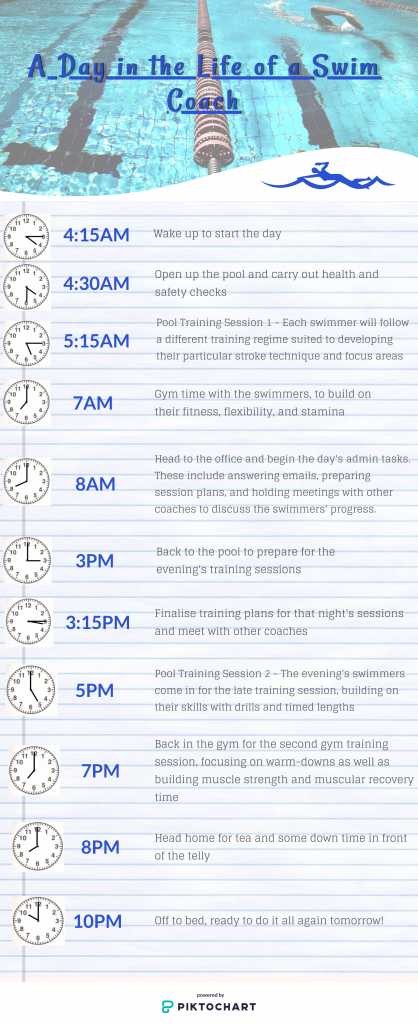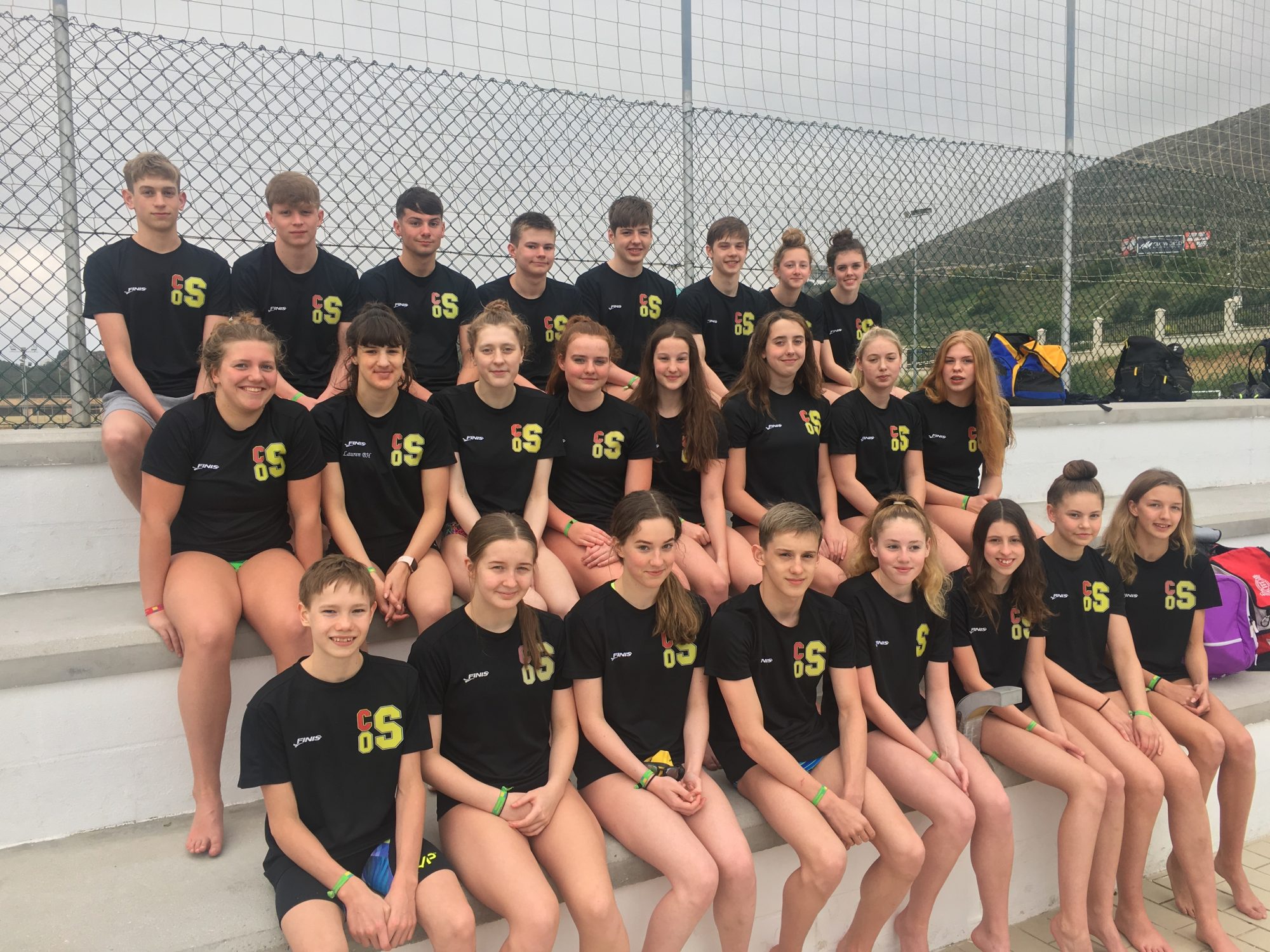
Like many swimmers, John Stout, Head Coach at City of Salford Swimming Club, felt at home in the water from a young age.
John recalls: “It was always quite obvious swimming was my talent. I remember my mother telling me that I used to swim underwater a lot from the age of three. They took me to a swimming club in Bolton where you would usually have to be four to start, but because I was swimming underwater so much, they told me ‘you’re a danger to yourself, so we have to teach you to swim on top of the water’!”
However, John’s route from childhood swimming lessons into the world of competitive swimming was different than most. After receiving a vaccination for whooping cough aged four, John suffered paralysis in his legs.
He recalls: “It paralysed me for a few weeks, I couldn’t move, and my parents were obviously very concerned.
“I did start recovering after a few weeks, but I was struggling with walking and stuff like that.”
Swimming was recommended by his doctors as a form of physical therapy, and from there, his love for the sport only grew.

“They decided to up my number of swimming sessions to get my legs mobile again, so rather than going once a week, it became two or three times a week. From then, I started becoming a better swimmer and my ability that I had at the time started becoming noticed.”
Despite his own traumatic experiences with the side effects of a vaccination, John is still keen to encourage those who feel comfortable getting the coronavirus vaccine, currently being developed by companies including Pfizer and Moderna, to get the immunisation when it is made available to the public.
John said: “I think it should be a personal choice. If I read the medical guidelines and expertise on that and it’s all ticking the boxes for me, then I’ll be getting the vaccine.”

This is, in part, due to the hugely disruptive impact that coronavirus has had on the young swimmers he coaches. Before the first lockdown, John, who will soon be entering his 20th year as a coach in Salford, would spend more than twelve hours a day coaching his swimmers. This included time both on the poolside and in the office, planning future training sessions to help each of his students develop their speed and technique.
Now, however, all that has come to a standstill.
John comments: “It was a big shock for everyone when we went into the first lockdown. I immediately got my team together and we were encouraging the swimmers to design workouts from home, and we were putting plans together to email out to all the kids.
“I’ve got kids of my own who all swim under me as well, so I know how difficult is it to motivate kids – I was trying to get them in the garden every day, doing weights and stretching exercises, but after four or five weeks I was having to drag them out because they were just completely done with it! So, suffice it to say, I’ve put in certain incentive schemes to keep them going with their training – mostly centring around Xboxes and Playstations!
“A good reprieve was the open water. It was like a reunion, there were maybe 30 Salford swimmers there all doing some open water swimming.
“When we could see the light at the end of the tunnel, I started designing ways of getting swimmers back into the facilities. I told all my swimmers to get a camping chair, and to come in their costumes to get changed on the poolside. I cut the groups down as well, so we only had three in a lane, which meant they weren’t breathing all over each other!
“Normally, club championships are happening at this time of year. So, we decided to get 30 of our swimmers in at a time, have them do three or four races, then get the next group in, and do the competition that way, which was hugely positive and motivating for the swimmers.
“Then, of course, lockdown two happened, so all those plans were laid to waste.”
For John, losing access to pools again is a huge blow. The impact that swimming has on the young people he trains, both in the water and out, is immeasurable.
He states: “My motivation as a coach is to help people improve themselves and achieve their goals and ambitions. In this profession, you’re not in it for a big salary, you’re in it to change people’s lives and enrich them through sport and to help set them up for life. Skills like your motivation, dedication, your early morning starts – it all adds up to making a more well-rounded person who’s more well-equipped for the big wide world.”

With professional swimmers finally competing again in the International Swimming League in Budapest, there is hope for John and his squad that amateur competition will soon be allowed to resume too.
“It’s hugely positive that they’ve been able to get swimming back at an elite level, much as they have with rugby and football.
“For now, all we can do is keep our chins up, keep motivated, and look forward to getting back into the pool again.”














Recent Comments